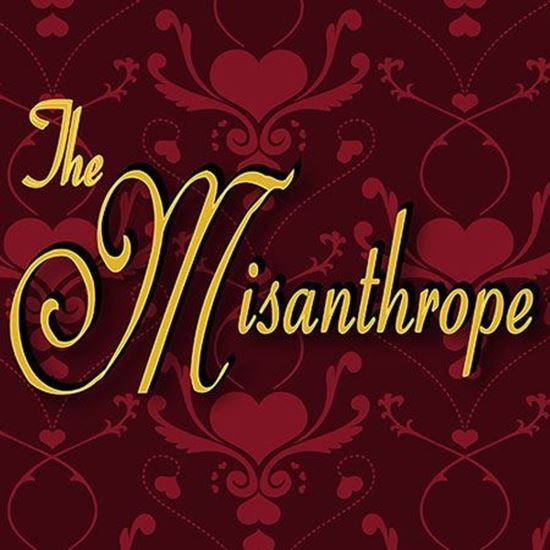
The Misanthrope
Molière’s comic masterpiece centers on the character of the French courtier Alceste and the beautiful young widow Célimène he hopes to marry. But the two have radically different personalities: Alceste is a snob who insists on telling everyone the truth as he sees it, and Célimène’s instinct is to tell people - and particularly attractive men - only what they are dying to hear. So Célimène flirts and gossips with the courtiers who come to her house while Alceste fumes in jealousy. A virtual menagerie of other characters seek to intervene, either to bring the lovers together or pull them further apart. These include the pompous poet Oronte, the prudish dowager Arsinoé, and the quarreling fops Acaste and Clitandre. There's also the sweet Éliante, the loyal Philinte, and the brazen comic servants Basque and Du Bois. Molière’s genius is seen on every page of the play, particularly in his always-engaging delineation of the thousand and one games, tricks, feints, parries, and surprises that jealous lovers and witty sophisticates exchange in a single day’s battle of the sexes. With its fast pace, exquisite rhymes and beautifully detailed characters, this play (and translation) draws every possible laugh - and not a few pearls of wisdom - from the universal foibles of human life. Full evening.
Productions
Behind The Scenes
Robert Cohen's version of "The Misanthrope" premiered on the University of California, Irvine campus in 1997, where the script received an excellent review from the Los Angeles Times. Titled “Likeable ‘Misanthrope’ Said Another Way," the longtime Times reviewer (Jan Herman) began: "The highly entertaining translation brings refreshing pungency to a lunatic production. UC Irvine drama professor Robert Cohen has directed a refreshing, lunatic production of the play with UCI graduate students, using his own highly-entertaining translation. It is proof, among other things, that there is room for another equally fluent, stage-worthy version of Moliere's rhymed couplets, but one with a 1990s flavor full of colloquial yet literate pungency.” At the conclusion of the review he compared this translation favorably with the 1955 one by Richard Wilbur, concluding "I'll go with Cohen."
